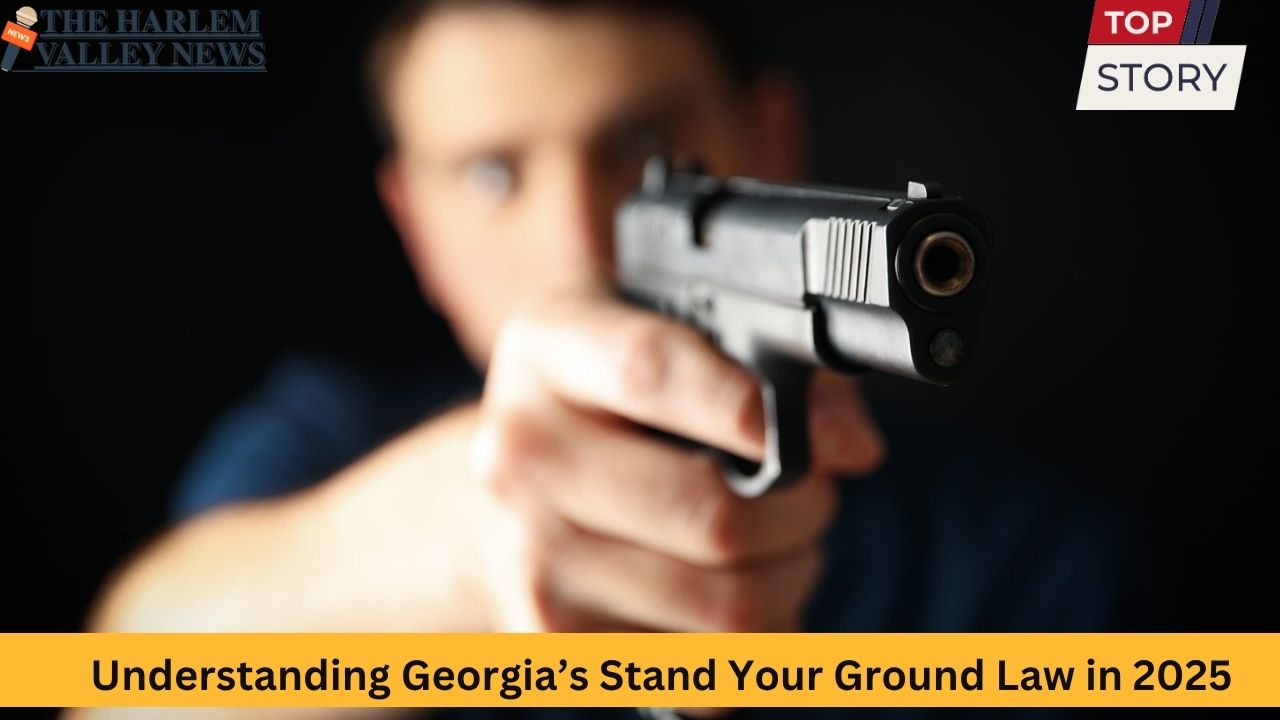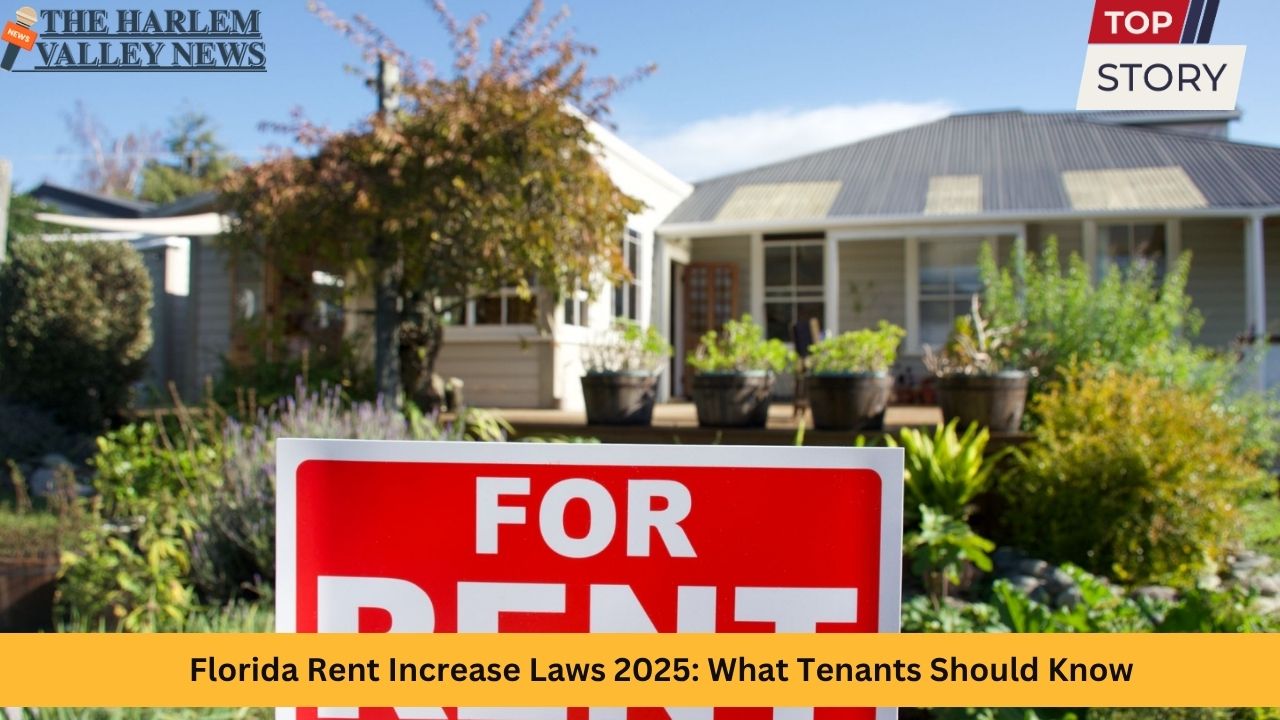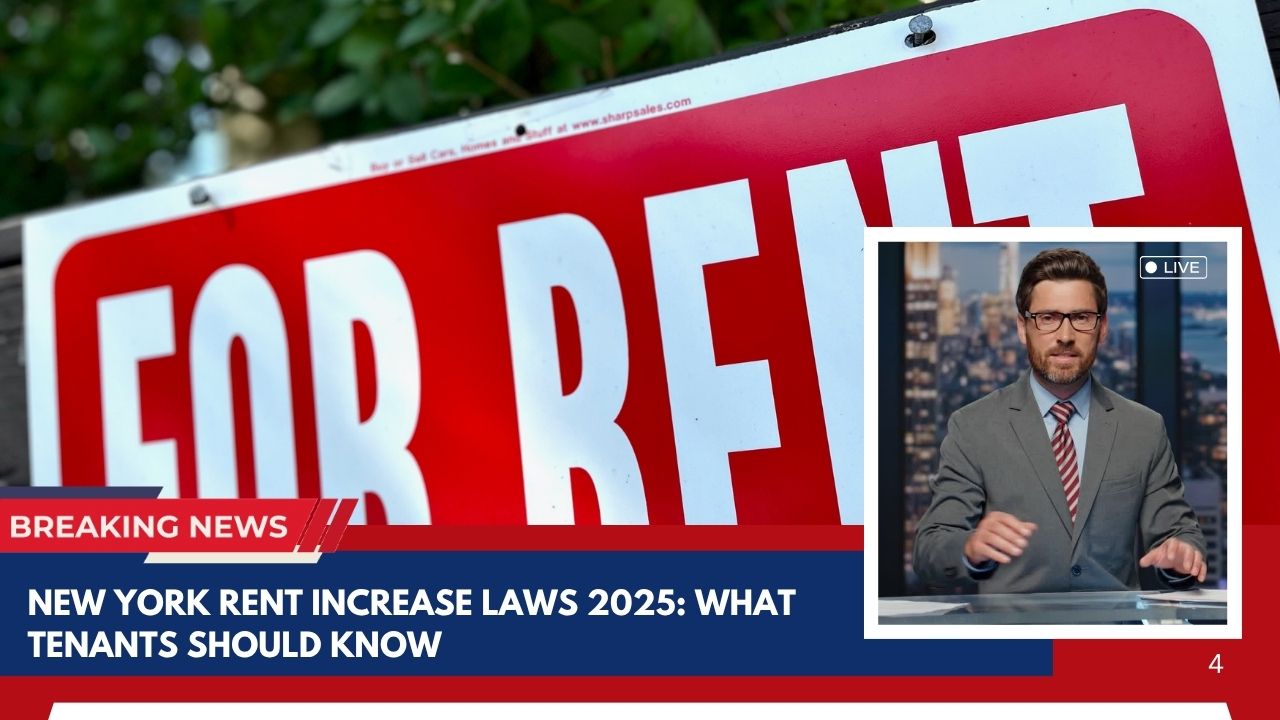Self-defense and personal safety are perennial concerns for Americans, and in Georgia, the Stand Your Ground law has become a defining feature of how the state interprets the right to self-protection. Understanding its nuances is especially important as we reach 2025, with recent legal clarifications, heated debate, and impacts felt across Georgia’s cities—from bustling Atlanta and Savannah to quieter towns like Macon and Valdosta.
This comprehensive article examines the Stand Your Ground law in Georgia: its origins, evolution, practical application, effects on crime statistics and communities, real-world case studies, and what every Georgian should know about their rights and responsibilities under the law.
What Is a Stand Your Ground Law?
A Stand Your Ground law allows an individual to use force—including deadly force—if they reasonably believe it necessary to prevent death or great bodily harm. Crucially, the person does not have to retreat, even if safe escape is possible. This is distinguished from traditional “duty to retreat” laws, in which self-defense is only justifiable if retreat is not safely possible.
History of Self-Defense Laws in Georgia
Georgia has long recognized the right of self-defense, but the explicit Stand Your Ground doctrine was codified in the early 21st century. Early self-defense laws were rooted in the principle that individuals had a “duty to retreat” in public if possible, unless attacked in their homes (the so-called Castle Doctrine).
The formalization of Stand Your Ground in Georgia began in 2006, when lawmakers sought to align the state with a growing national trend emphasizing self-defense rights beyond the home.
The Key Statutes: What Does the Law Say in 2025?
By 2025, Georgia’s Stand Your Ground law is anchored in the Official Code of Georgia Annotated (O.C.G.A.) § 16-3-23.1. The law states:
-
A person who uses threats or force (including deadly force) in defense of self, others, or property has no duty to retreat and can stand their ground, so long as they are lawfully present.
-
Use of deadly force is justifiable only if the person reasonably believes such force is necessary to prevent death or serious bodily injury.
-
The law extends to defense of home (habitation), vehicles, and workplace but is not limited to these.
-
There are notable exceptions, such as situations in which the defender was the initial aggressor or was engaged in criminal activity at the time.
How Does It Work? Application in Real Life
Imagine a citizen in Atlanta who is threatened with a firearm while walking in Piedmont Park. If he or she reasonably believes there’s imminent danger of death or serious harm, the Stand Your Ground law permits the use of deadly force without first attempting escape.
The law applies equally in a Savannah bar parking lot or a Macon back alley, as long as the defender is not the aggressor and is not committing a crime. However, what’s “reasonable” is judged by how a typical Georgian would interpret the threat under the same circumstances.
Major Court Cases and Precedents in Georgia
High-profile cases have shaped understanding and application of the law. The tragic shooting of Ahmaud Arbery in Glynn County in 2020, where the initial police interpretation cited Stand Your Ground, brought national scrutiny and led to legislative clarifications.
Georgia’s appellate courts continue to refine what counts as “reasonable belief,” and which circumstances allow Stand Your Ground as a defense. Courts regularly review whether the person had legal standing to be present, whether escalation could have been avoided, and if force used was proportional.
Stand Your Ground vs. Castle Doctrine
Castle Doctrine is the legal principle allowing defense of one’s home without a duty to retreat. Georgia’s Stand Your Ground law goes further, applying anytime and anywhere the person has a legal right to be. For instance:
| Scenario | Castle Doctrine | Stand Your Ground |
|---|---|---|
| Home Invasion | Applies | Applies |
| Workplace Attack | May apply | Applies |
| Parking Lot Assault | May not apply | Applies |
| Public Park Threat | Does not apply | Applies |
Statistics, Trends, and Urban Insights (2020-2025)
Data from the past five years reveal important trends:
-
Georgia’s stand-your-ground law has been cited in hundreds of self-defense cases each year, with Atlanta, Augusta, and Columbus seeing the highest frequencies.
-
From 2020 to 2025, firearm homicide rates in Georgia rose by approximately 10%. In 2023, the Georgia Bureau of Investigation recorded 635 homicides, up from 575 in 2021, with Atlanta, Savannah, and Albany among the highest per capita rates.
-
National research linked stand-your-ground states, especially in the South, to 8–11% higher monthly homicide rates.
-
Savannah: Reports of self-defense shootings increased by 14% from 2022 to 2024.
-
In Macon and Valdosta, police cite Stand Your Ground in about 20% of homicide investigations where self-defense is alleged.
Critics point out that while some claim the law deters crime, most studies show no significant reduction in burglaries or assaults after passage, and in many places, including Georgia, an increase in homicide rates.
Challenges, Controversies, and Reforms
Georgia’s Stand Your Ground law isn’t without controversy:
-
Disproportionate Impact: Community groups in Atlanta and Augusta have highlighted racial disparities in how the law is applied, with Black defendants often facing more skepticism from law enforcement and juries.
-
Notable Cases: High-profile cases in cities like Brunswick and communities around Atlanta in 2023–24 have underscored calls for more precise definitions of “reasonable belief.”
-
Reform Efforts: Activists and lawmakers continue to debate reforms aimed at reducing unnecessary violence and clarifying ambiguous language—such as what counts as an “imminent threat.”
-
Public Debate: In 2024, a poll of 2,500 Georgia residents (using samples from Atlanta, Savannah, Augusta, and Athens) found 53% of respondents supported maintaining Stand Your Ground, but 67% favored additional safeguards and oversight.
Impact on Georgia’s Cities
Atlanta
-
Atlanta leads Georgia in Stand Your Ground defenses invoked in court.
-
In 2024, 41% of all justifiable homicide cases in Fulton County cited the law.
-
Most cases occur in areas with higher gun ownership and in public settings rather than private homes.
Savannah
-
Self-defense shootings increased in the past three years.
-
Law enforcement attributes some increase to the broader availability of firearms and greater awareness of Stand Your Ground principles.
Augusta and Columbus
-
Both have experienced a sharp rise in homicide rates since 2021.
-
Community leaders, especially in Augusta’s Harrisburg and Olde Towne neighborhoods, are calling for reforms due to perceived misuse of the law in street altercations.
Macon and Valdosta
-
While quieter, these cities saw a proportional increase in Stand Your Ground claims, particularly in domestic violence cases and neighborhood disputes.
Advice to Citizens: Rights and Responsibilities
If you live in Georgia:
-
You have the right to defend yourself or others, or to protect your home, vehicle, or property, anywhere you are legally allowed to be.
-
Deadly force is only justifiable if you reasonably believe it’s necessary to prevent serious injury, death, or a violent felony.
-
The law does not protect aggressors, or those engaged in criminal activity at the time.
-
The concept of “reasonable belief” is crucial and will be scrutinized by law enforcement and the courts.
-
Anyone using force in self-defense should contact legal counsel as soon as possible—proving your case depends on evidence and a clear, credible demonstration that your fear was objectively reasonable.
Conclusion
Georgia’s Stand Your Ground law in 2025 is both a shield and a subject of debate. It grants broad latitude for self-defense—at home, on the street, and wherever you lawfully stand. Yet, with that power comes heightened responsibility and the need for clarity in the eyes of the law.
The law’s effects ripple through Georgia’s urban centers and small towns. With ongoing debates, calls for reform, and shifting public opinion, the next few years are likely to see continued evolution—both in legal text and in how justice is carried out on the streets of Atlanta, Savannah, Augusta, and beyond.
















Leave a Reply